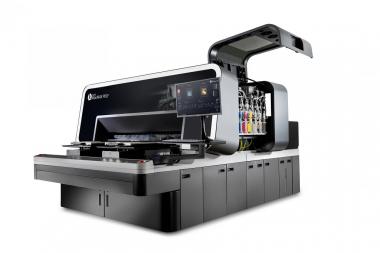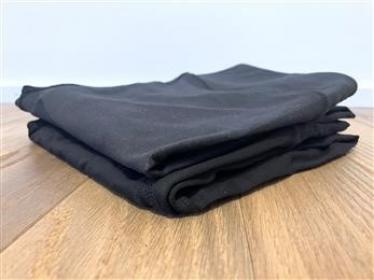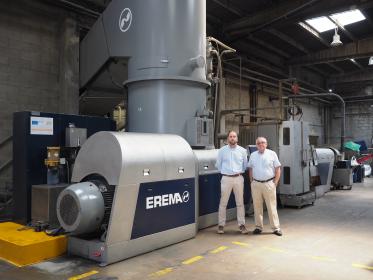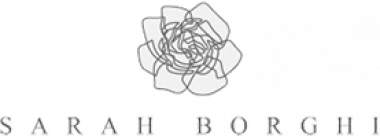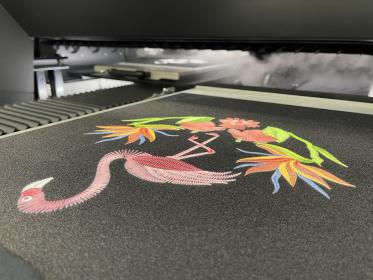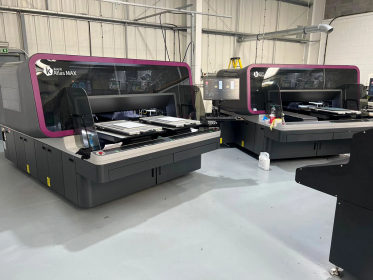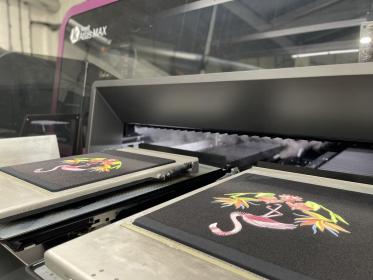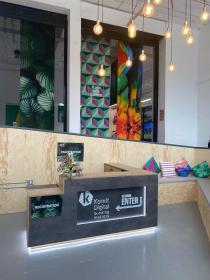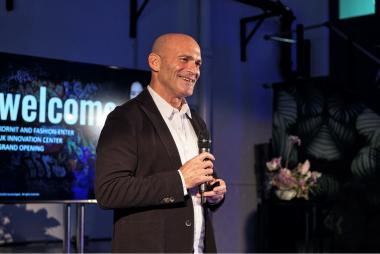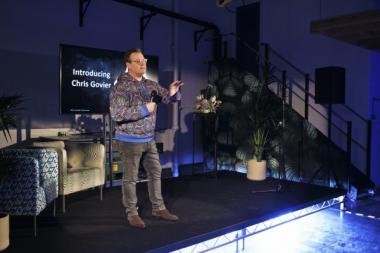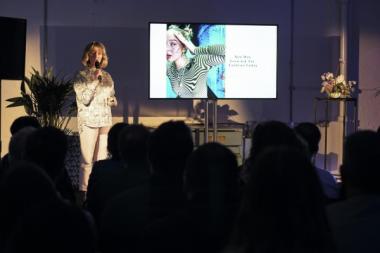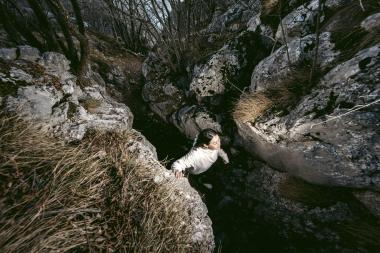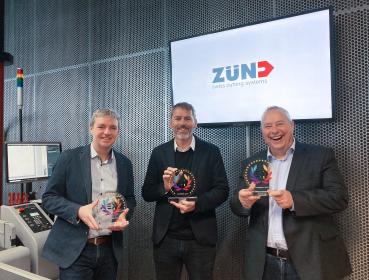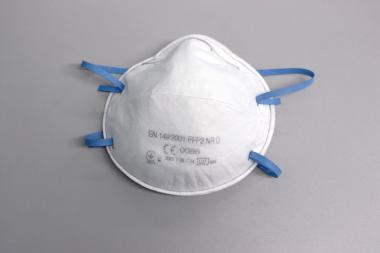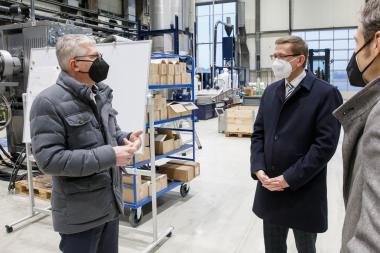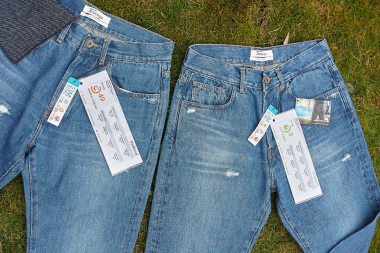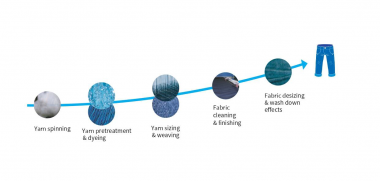Kornit Digital Printing for Unique Fashion
- Kornit Digital Introduces High-Volume Digital Production Solution for Vibrant Decorative Designs on Polyester and Polyester-Blended Apparel
- Kornit Atlas MAX Poly to Transform Professional and Recreational Sportswear, Teamwear, and Sports Brands; Injecting Life into Apparel with Power of Design Across Full Color Gamut
Kornit Digital Ltd. (NASDAQ: KRNT) (“Kornit”), a worldwide market leader in sustainable, on-demand digital fashionx and textile production, introduced today its distinctive Kornit Atlas MAX Poly system – an industry-first direct-to-garment (DTG) solution delivering superior-quality digital decoration for vibrant, colorful design on polyester and poly-blended apparel.
Kornit’s Atlas MAX Poly capitalizes on the demand for fashionable, unique sportswear and apparel. As the industry emerges from a post-pandemic environment in which athletic and leisurewear became mainstream, there is increasing demand for apparel combining polyester and poly-blends with vivid designs across a range of colors. Atlas MAX Poly can transform the multi-billion-dollar professional and recreational sports apparel and teamwear markets, limited today by limitations in mass customization of polyester.
“Kornit Atlas MAX Poly is a game-changer,” said Omer Kulka, Chief Marketing Officer at Kornit Digital. “As fashion and sports apparel merge, there’s new opportunity for innovative fashion on polyester, currently the fastest-growing textile vertical. For the first time, recreational sportswear, promotional, and sports brands can embrace vibrant and colorful design with Kornit’s proven MAX technology – setting superior quality standards for on-demand production previously not possible.”
Unveiled during Kornit Fashion Week Tel Aviv 2022, Atlas MAX Poly incorporates Kornit’s field-proven MAX technology for high-quality premium decoration, process automation, and smart autonomous quality control. With Kornit’s XDi decorative applications, Atlas MAX Poly enables endless designs and creativity on polyester, and empowers new styles for multiple effects and unlimited combinations such as emulating threadless embroidery, high-density vinyl, screen transfer emulations, and 3D effects.
The solution is compatible with mesh and plain fabrics, including brushed polyester, while maintaining durability and breathability. It brings the highest throughput for on-demand polyester decoration, reducing total cost of ownership to drive profitability. Customers gain competitive advantage via Pantone color-matching and a wide color gamut including neon colors for bright and vibrant impressions, using single-step mechanisms minimizing production footprints while maximizing versatility.
Beyond superior quality, graphics, color, and application variety, Kornit Atlas MAX Poly offers efficient, reliable, profitable end-to-end polyester production via:
- Kornit’s ActiveLoad automated garment-loading and pallet adjustment for repeatable, high-quality output with minimal errors reducing time and waste, eliminating operator ramp-up and boosting throughput up to 20%.
- Seamless integration with KornitX Global Fulfillment Network, enabling a pixel-to-parcel-to-doorstep experience. This unleashes untapped demand for polyester short-run production, personalization, and disruptive direct-to-fan and direct-to-recreational business models.
- Integration with KornitX’s workflow ecosystem and Kornit Konnect™ dashboard, optimizing process visibility and control, adding data-driven insights for production floor efficiencies.
Kornit Digital Ltd. digital printing machines Kornit Atlas MAX Poly Apparel Fabrics
pr4u press contact


